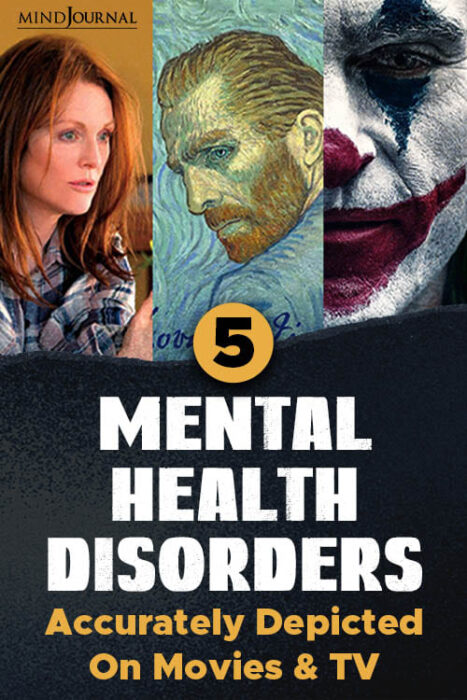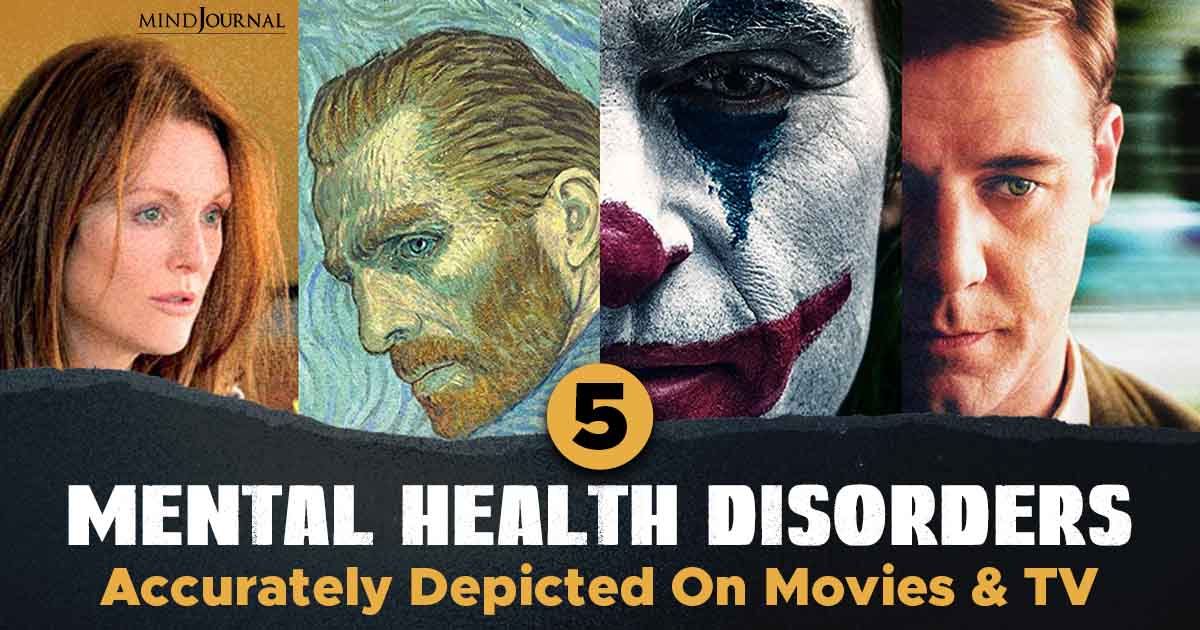We have all been there, haven’t we? Gone about perfectly fine in our daily lives while feeling something has been amiss.
Attended parties and dinners with our friends, partaking in the beautiful collective joy that is friendship. Called or visited our parents and happily updated our networks on social media about our perfect lives. … that raise, that promotion, that new hobby, that new date, etc, etc.
And, what if, we came back to our nice apartments … and spent the rest of our ‘free time’ staring blankly into space, skipping meals, or crying ourselves to sleep? And, what if, when we picked up the phone to talk to someone to make sense of the chaos, why do we just sit through the endlessly scrolled contacts, switch off the phone, and go back to emptily skating through our otherwise amazing lives?
Eat. Sleep. Work. Repeat.
That’s it? That’s it. Then, what is it that’s missing anyway?
And then, one day, a movie or a tv series playing on a date night or at a cafe makes the sharp tap. A woman struggling with her life in a big city, a widowed father doing his best to single-handedly raise his troubled teenage daughters, a twin brother supporting his sibling through rehab …. We get enmeshed in their celluloid lives.
They are distant from our realities, perhaps fictional … but all too relatable!
Frame to frame, in them, we see ourselves. With their laughter, tears, hope, devastation, hollowness, and rejuvenation … we feel a connection and an unspoken legitimization.
We will walk you through landmark works in pop culture that have mirrored our own mental health struggles, as well as inspired a positive, destigmatizing conversation around mental health.
We are also going to explore how these realistic portrayals of mental disorders bridge the gap between our daily lives and the silver screen.
As part of our quest to constantly spread awareness about mental health, healing, and growth, we will remind you that the next time you watch a movie about mental health, remember that it’s not just entertainment … It’s also self-love and self-care!
Here are the 5 mental health disorders and their significant portrayals in pop culture.
1. Depression
Okay, we admit it! This dreaded word gets carelessly thrown around a lot. But, do you know that 53.2 million people around the world suffer from depressive symptoms that leave them sad, hopeless, and exhausted? Depression also causes emotional instability and memory problems, effectively disrupting our lives—personally and professionally!
Maybe, that’s why you won’t be able to shoo away your indifference when you see Robin Williams’ character revive his lost art of writing into a poetic suicide note to account for his son’s overdose in “World’s Greatest Dad”. Or in “Cake”, which sees Jennifer Aniston’s Claire Bennett confess to her therapist “I have to get something off my chest” after her child’s demise.
Even, as the closing scene of Christina Ricci’s “Prozac Nation” rolls on, we cannot help but feel the helplessness of her character Elizabeth “Lizzie” Wurtzel as she falls apart in a big city. It serves as an uncomfortable reminder of how the hollowness of depression can eat you alive, no matter how organized, perfect, or in control you may seem on the outside!
Read 13 Habits Of People With Concealed Depression
2. Addictions
A favorite of filmmakers and addicts themselves is substance abuse. With over 53 million people addicted to drugs worldwide, it’s no wonder that addiction has made its way to the big screen. As early as the 1930s, addiction was portrayed in “Reefer Madness”. Over the years, it has gained momentum but has also fallen prey to inaccurate depictions.
But, some films do get it right. The Oscar-winning “A Star Is Born” makes use of Bradley Cooper’s fading rock star to hit the right notes on drug addiction. Darren Aronofsky’s 2000 masterpiece “A Requiem For A Dream” traces the lives of four coming-of-age people who see their lives shattered by substance abuse.
More recently, Kate Winslet’s “Mare Of Easttown”, Mike Flanagan’s “The Haunting Of Hill House”, and Timothée Chalamet’s “Beautiful Boy” poignantly gazed at the personal and social ravages of addiction. Serving as bittersweet love letters to addicts and their social circles, these works successfully highlight how the consequences of drug indulgence spill beyond the present and, at times, beyond the grave.
3. Eating disorders
Religious viewers of “The Crown” will remember the disclaimer before the “Diana episodes”. When the actual horror of the iconic royal’s battle with bulimia behind palace walls was translated on screen, we couldn’t help but sympathize. Be it Emma Corin’s Diana or Kristen Stewart’s in “Spencer” pitifully spilling her guts out in bejeweled couture into a toilet, we relived her trauma and pain.
But, somewhere, we are also thankful that the Princess of Wales decided to ‘sneak’ her story out into public awareness. It raised concerns at a time when this illness unaccountably cost many people their mental health and lives.
Since the 1990s, filmmakers have ventured into the sorry realities of eating disorders in the adolescent population. Winona Ryder’s “Girl, Interrupted” and “Heathers” explored eating disorders in high school girls. Lily Collins’ character in “To The Bone” laid bare the chilling “anorexic experience”. Both the 1990s gems “Perfect Body” and “For the Love of Nancy” loudly rebelled against the toxic relationship between eating disorders and body image issues in showbiz.
Recently, Brendan Fraser’s “The Whale” followed in the footsteps of Johnny Depp’s “What’s Eating Gilbert Grape?” to lay bare the health damages of binge eating and obesity.
4. Grief
Post the release of Marvel’s “WandaVision”, social media exploded with the quote: “But what is grief if not love persevering?”. The series was applauded for its realistic depiction of grief and coping with the loss of a loved one. Marvel followed up with “Doctor Strange In The Multiverse Of Madness”, untangling the silent and numbing devastations that follow death.
Thankfully, it’s not the only one. Grief is one of the most popular themes in pop culture. From “The Vampire Diaries” to “P.S. I Love You”, “Ghost”, and “Pieces Of A Woman”, popular movies have explored the psychological pain linked to death. As the characters navigate their guilt, denial, and confusion, we—as the audience—are reminded of the complexities of grief and love.
Maybe, we ask ourselves: What are we grieving? Are we grieving a person or a reality? Are we grieving a feeling or a time? In a way, these works provide comforting philosophies about the ultimate end … but not before we are made aware that there is no proper way of grieving and that we should grieve in any way that brings us solace.
5. Suicide
And saving the most horrific but the least talked about for the last: Suicide.
Netflix’s “13 Reasons Why” shook the world when it was released in 2017. Its vivid depiction of the suicide of its teen protagonist Hannah Baker ruffled many feathers and the series nearly faced a ban. But, it did fuel a more involved conversation around self-harm and suicide, especially among children and teenagers.
Even then, the central theme in the Netflix series had a long legacy. Perhaps, the audience was jolted the same way when they viewed the fictional depiction of Sylvia Plath’s end in “Sylvia” back in 2003. Or when Virginia Woolf’s consensual drowning in England’s River Ouse played out in “The Hours”.
The sensitivity of suicide has a wide berth and so do its cinematic depictions. Films like Kat Dennings’ “To Write Love On Her Arms,” “Harold And Maude”, the cult classic “Dead Poets Society”, and “Don’t Worry Darling” have, time and again, highlighted the moral dilemma of suicide—specifically why the act of suicide in itself is so controversial, religiously and culturally.
Movies have a unique ability to captivate and inspire us. Through the power of pop culture, we find role models in people like us – individuals who struggle with mental health challenges and work to overcome them. These characters can inspire us, empower us, and raise our awareness of the difficulties that we, and those around us, may face.
By witnessing these characters’ journeys, we are encouraged to seek treatment. They remind us that we are not alone in our struggles and that there is hope for improvement. These role models, even from a distance, provide a comforting pat on the back, assuring us that we are capable of overcoming our challenges. They remind us that the phrase “this too shall pass” applies not only to the challenges we face but also to the healing and growth that can come from them.
Ultimately, these characters serve as a reminder that mental health challenges are a common human experience. By seeing them depicted on the big screen, we are encouraged to be more open and accepting of our own struggles and those of others. We are reminded that we all have the power to overcome our challenges and lead fulfilling lives, no matter what difficulties we may face.









Leave a Reply
You must be logged in to post a comment.